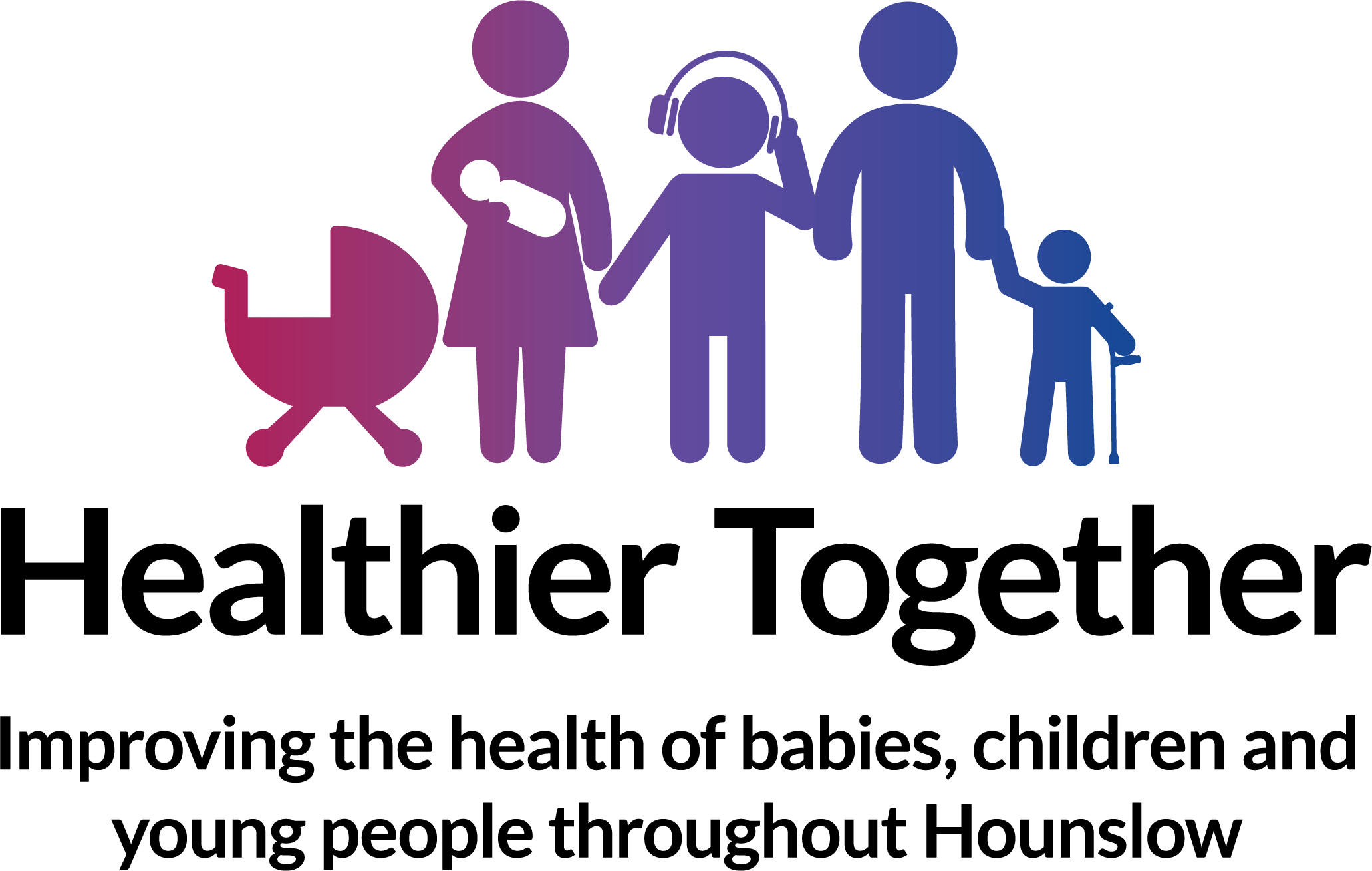About gastroenteritis
Feeling sick and then vomiting is usually the first sign that your child has a ‘tummy bug’. Diarrhoea tends to occur after your child has started vomiting and means passing frequent watery poos that are offensive in nature.
- Tummy bugs are extremely common in young children and are almost always caused by a virus. They are easily spread, resulting in outbreaks in nurseries and schools.
- Diarrhoea can often last between 5 – 7 days and stops within 2 weeks. Vomiting usually stops within 3 days. If your child continues to be ill for longer than these periods, seek advice.
- Severe diarrhoea and / or vomiting can lead to dehydration, which is when the body does not have enough water or the right balance of salts to carry out its normal functions. If the dehydration becomes severe it can be dangerous.
- Children at increased risk of dehydration include:
- young babies under 1 year old (and especially the under 6 months)
- babies born at a low birth weight and those who have stopped drinking or breastfeeding during the illness
- children with faltering growth
Paediatric Pathway
Click here to view the diarrhoea and vomiting paediatric pathway.


